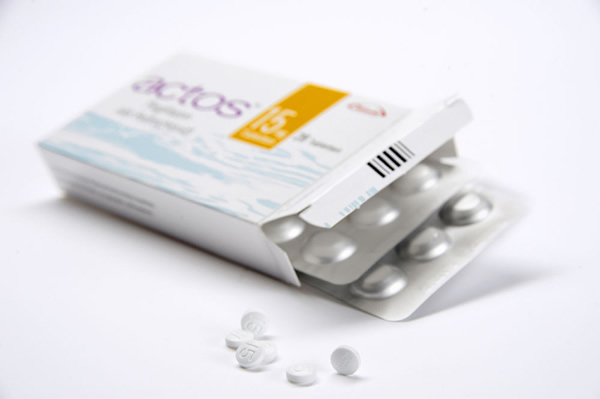
Two forms of diabetes medication may reduce risk of developing Parkinson’s disease, according to a new study.
Researchers analyzed data on more than 160,000 diabetes patients in the U.K. and found that patients who took rosiglitazone or pioglitazone had a 28% lower chance of developing Parkinson’s than their counterparts who took other diabetes medication, according to the study, published in the journal PLOS Medicine. The drugs were originally developed by GlaxoSmithKline and Takeda, respectively, but they are now off patent.
The research does not suggest that people with Parkinson’s take the diabetes drugs directly. Rather, the findings offer hope for future Parkinson’s research.
“We often hear about negative side effects associated with medications, but sometimes there can also be unintended beneficial effects,” senior researcher Ian Douglas from the London School of Hygiene & Tropical Medicine told Reuters.
More Must-Reads from TIME
- Cybersecurity Experts Are Sounding the Alarm on DOGE
- Meet the 2025 Women of the Year
- The Harsh Truth About Disability Inclusion
- Why Do More Young Adults Have Cancer?
- Colman Domingo Leads With Radical Love
- How to Get Better at Doing Things Alone
- Michelle Zauner Stares Down the Darkness
Write to Justin Worland at justin.worland@time.com